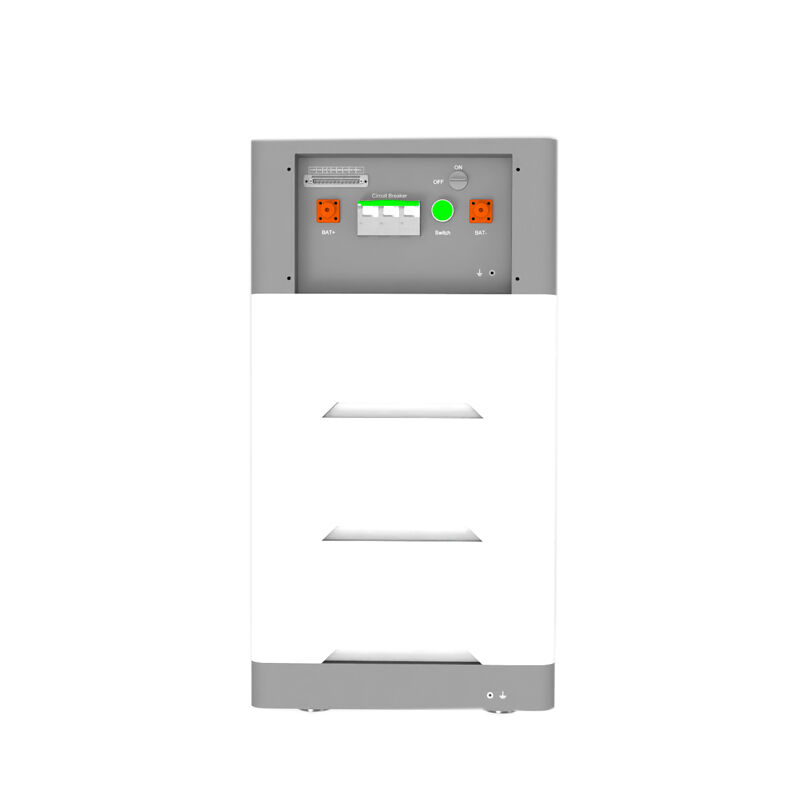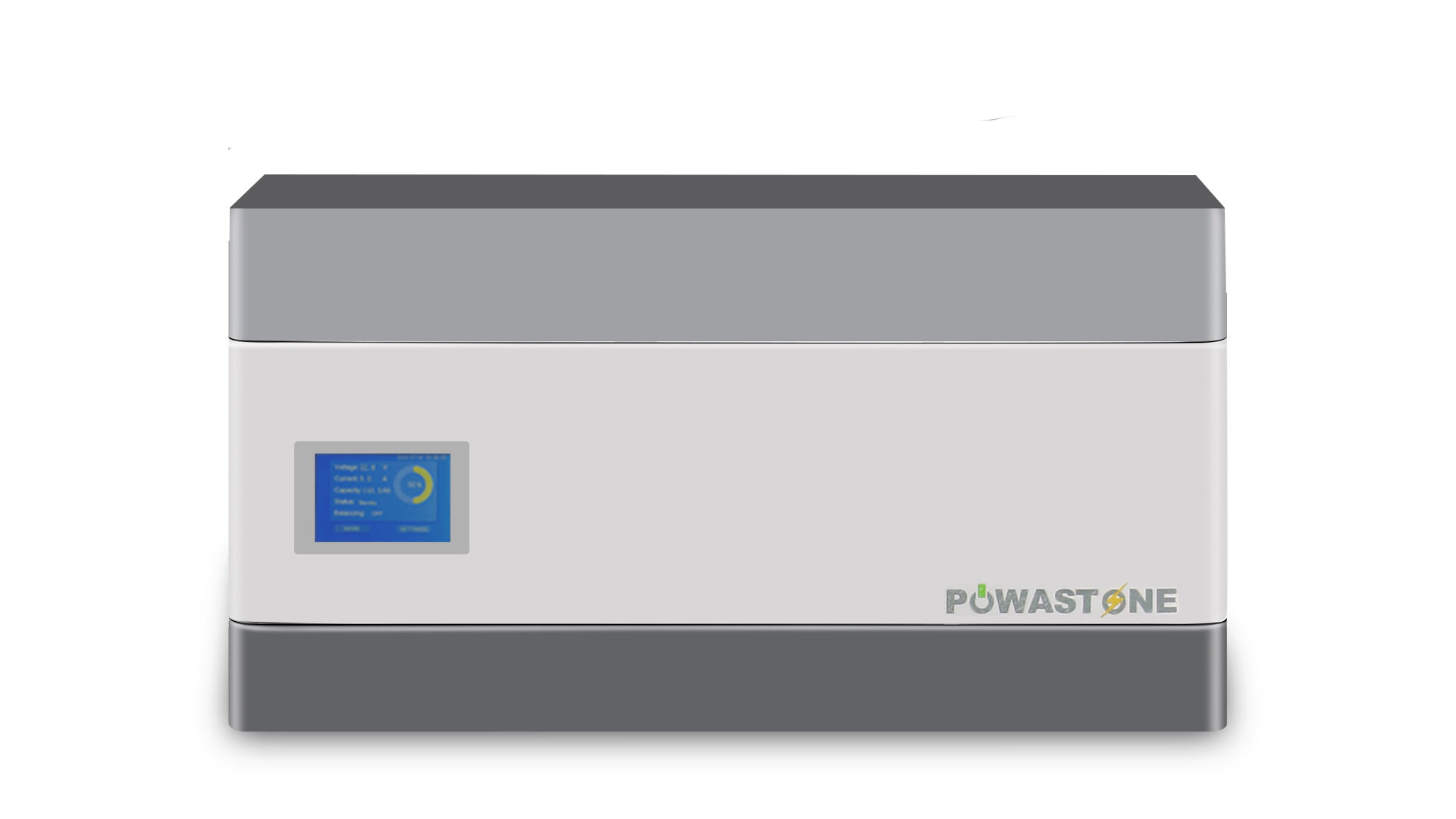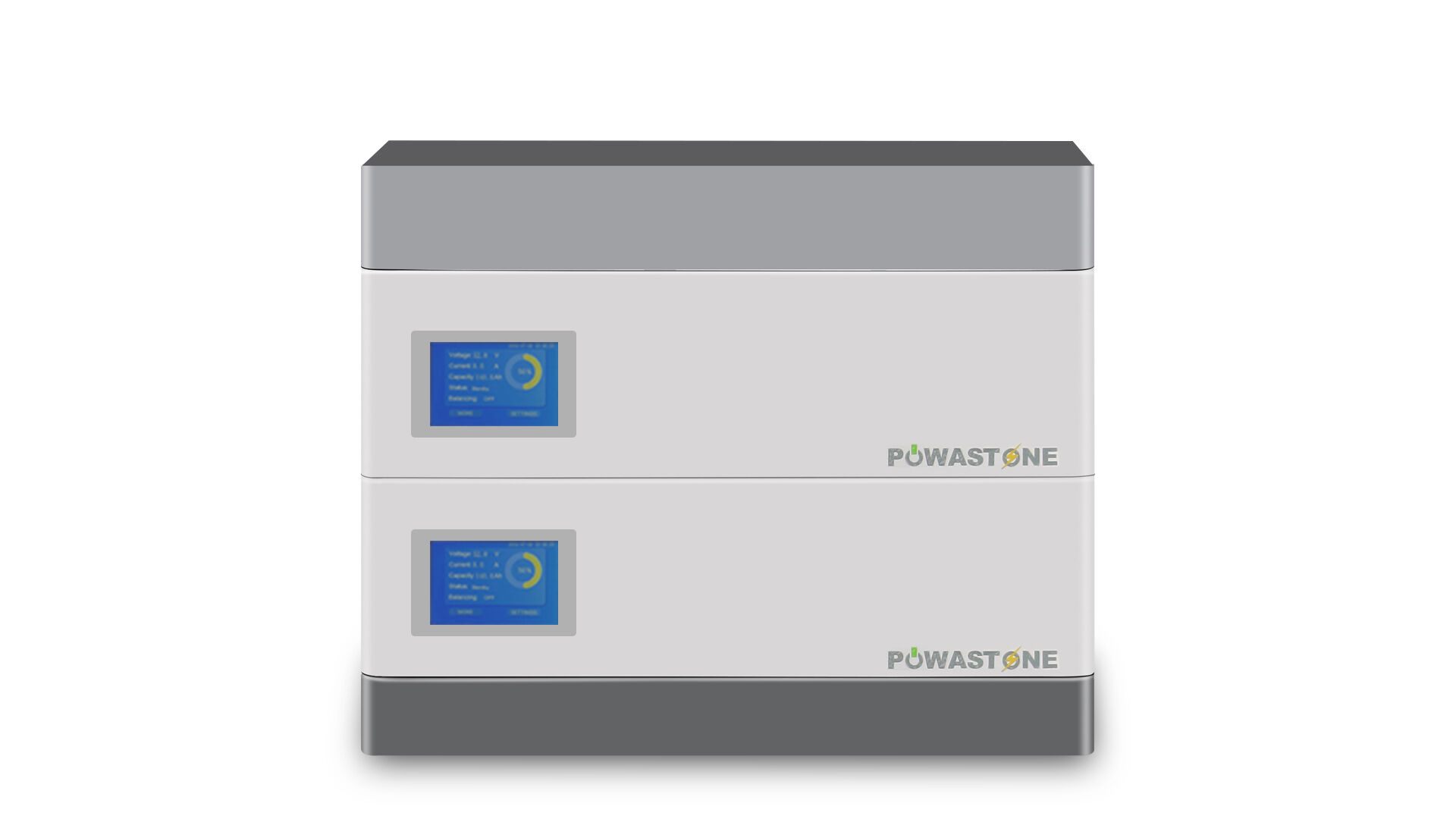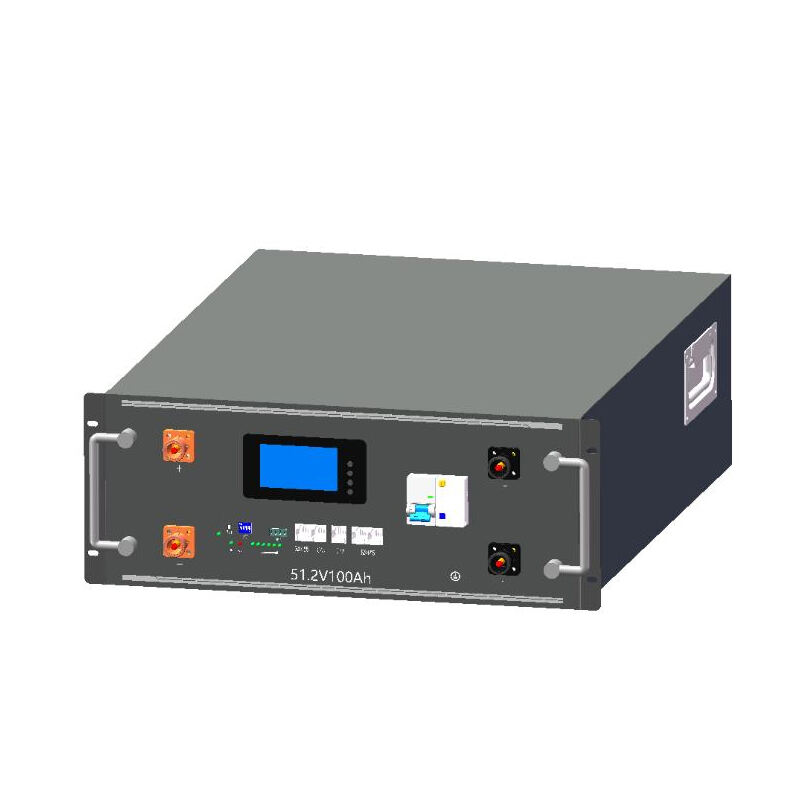Why Are Solar Batteries Essential for Sustainable Living
The last few years have seen an increase in the world adopting sustainable living, with renewable energy sources leading the charge. Solar energy, due to being widely available and environmentally friendly, is at the forefront of this movement. In addition to being eco-friendly, solar energy is now much easier to access. However, solar energy systems need to integrate solar batteries in order to be fully useful. In this post, we’ll explain why solar batteries are essential in sustainable living, while discussing solar batteries’ roles in energy storage, saving costs, and environmental protection.
What are Solar Batteries?
Solar batteries are devices that allow storage of energy from solar panels. With solar batteries, homeowners and businesses are able to take advantage of solar energy (through their solar panels) even during non-sunny times. This maximizes the efficiency of solar energy systems. Solar batteries storage strenghts are vital to attain energy independence and assist in the switch to clean renewable energy sources while reducing fossil fuel consumption.
Energy Storage and Reliability
Solar batteries have several advantages; among them is their capability of storing excess energy during the day. Energy from solar panels is consumed during the day; however in cases where there is excess energy, this surplus can be stored in a battery. The energy stored can be utilized during the night or on cloudy days, guaranteeing a power supply. Reliability of this sort is especially useful for people residing in areas that are prone to outages or where the grid is unreliable.
Cost Savings and Financial Incentive
Investing in solar batteries has the potential to positively impact your financials in the long run. Installing solar batteries will allow homeowners to decrease their dependency on grid power. They will no longer be relying on power from the grid, especially during times when there are price increments. In addition, several governments encourage their use and offer financial incentives for solar batteries, providing solar battery seeks advantages such as tax credits or rebates, which lessens the burden of the initial purchase. Ultimately, these financial incentives alongside the potential for a positive return on investment, coupled with a battery’s lifespan and its sustained financial return, proves its value.
Environmental Impact
Solar batteries help enable a sustainable future by reducing greenhouse gas emissions. They cut back on fossil fuel usage, which is a major contributor to climate change, by allowing the use of cleaner solar energy. In addition, the continued development of battery technology is yielding cleaner, more efficient models, meaning their environmental footprint is shrinking.
Industry Trends and Future Outlook
Due to the improvement of technology, the solar battery market is evolving quickly. The performance and price of solar batteries is becoming more favorable. The prevalence of lithium ion batteries seems to support this, as they are both energy dense and long lasting. Thanks to the versatility of solar batteries, more consumers and businesses are expected to use them, driving further demand. Also, innovations in battery recycling and second-life applications, which let batteries serve a different purpose than their original use, are improving the sustainability of the battery life cycle. This allows the goal of sustainable living to be achieved easier.
In summary, solar batteries do not simply supplement solar panels; they are fundamental to the progressing landscape of energy technology. Solar batteries help individuals and societies take full advantage of renewable energy by providing reliable energy storage, enabling cost savings, and minimizing the ecological footprint. Solar batteries will play an increasingly important role in the encourage eco-friendly practices.















